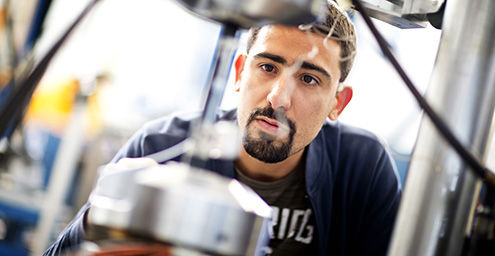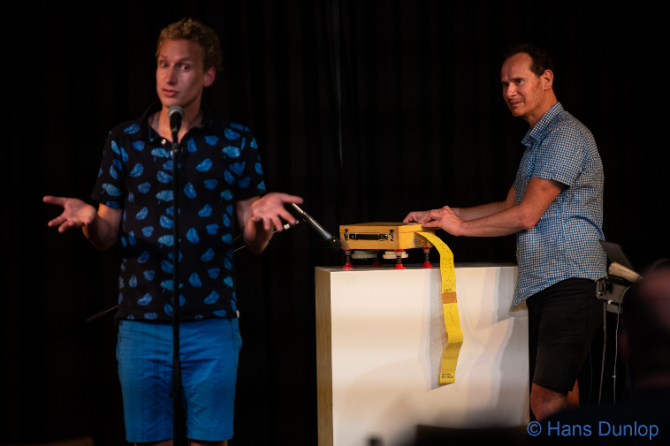Technology Scout 1
Description Technology Scout is intended for students who are interested in building a startup based on a research or technology developed at TU Delft. It focuses on identifying a market application for the technology. This course can be taken in its own. It is however a prerequisite for Technology Venture Development (TPM422), a highly selective project-based course in which you build a business model for the company and keep developing the venture, just like you would in an incubator. This is a leadership program that creates innovations and you are expected to be proactive, offer new and bold initiatives, and exhibit a healthy level of free thinking. What to expect? In this course, you explore first steps in the creation of a university spin-out – a startup based on university research and technology. After this course, you will have mastered a protocol to assess in-depth startup’s product-market fit. This protocol remains useful to you if you are evaluating a technology start-up idea, either because you want to build your own or join one. Based on your preference and availability, you will be assigned to one of the partner research labs at TU Delft. The assigned lab will introduce you to the technology they are developing, its scope and limitations as well as some ideas on potential market applications. Your task is to explore market opportunities for a product based on the lab’s work and assess technology’s ability to serve as a competitive advantage in the market. After you master the technology's capability and identify a few markets, you commence testing your idea with the customers, a task that does not stop until the end of the course. You will be doing a lot of customer interviews. Learning how to gather and use information about the market is essential. You will utilise this information and the feedback from the advisors and practitioners to keep developing the idea. Each week you will be given assignments to help you tackle a next step in the process and achieve a new milestone. Assignments are building blocks to a business report that you submit at the end. Therefore, the focus of assignments is to acquire an in-depth understanding of the different phases of a product-market fit exploration: business ideation, market analysis, competitive positioning, product idea, stakeholder mapping, and risk analysis. Besides a business opportunity development, we will emphasize personal development - the proactive orientation that entrepreneurship requires including the decision-making style, collaborative spirit, and leadership competencies. In doing so, you will practice navigating in multi-disciplinary environment and aligning incentives of various stakeholders. Furthermore, you will learn how to act entrepreneurially, promote your project, and be its champion with a focus on longevity of the business, sustainable growth, and responsible innovation. Enrolment / Application This program is limited in the number of students it can take (it will depend on the number of partner research labs). In case the number of applicants exceeds the capacity, a selection process will take place at the beginning. In case you have any questions, e-mail the module manager. Find out which labs you will be working here Cours code/Size TPM421A / 5 ECTS Quarter(s) 1 & 3 Day (Class Hours) Mon and Wed (7&8) Instructor(s) Dr. A. Giga Dr. L. Hartmann Aleksandar Giga A.Giga@tudelft.nl Module Manager







